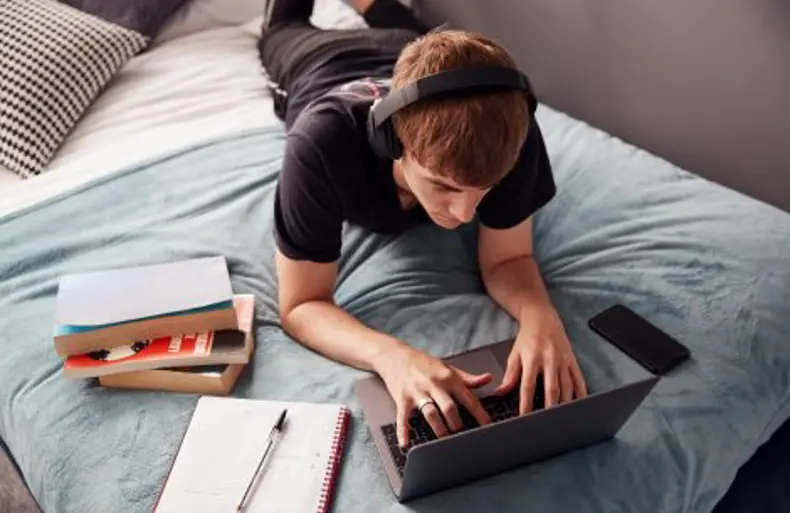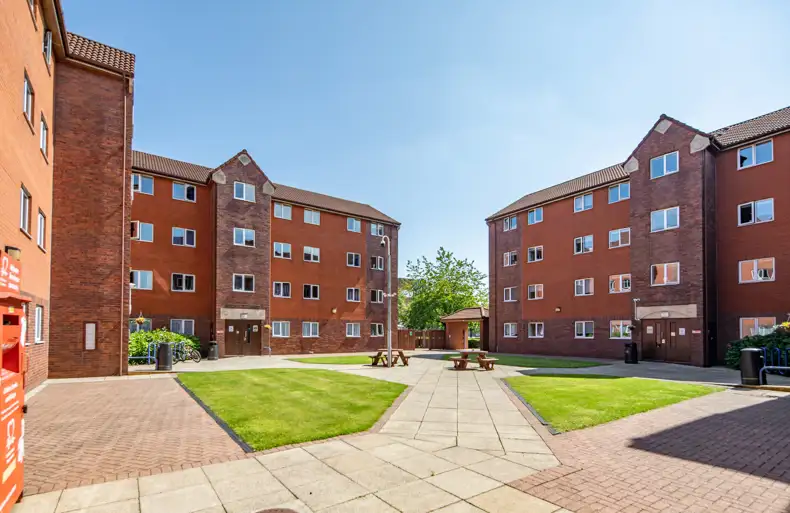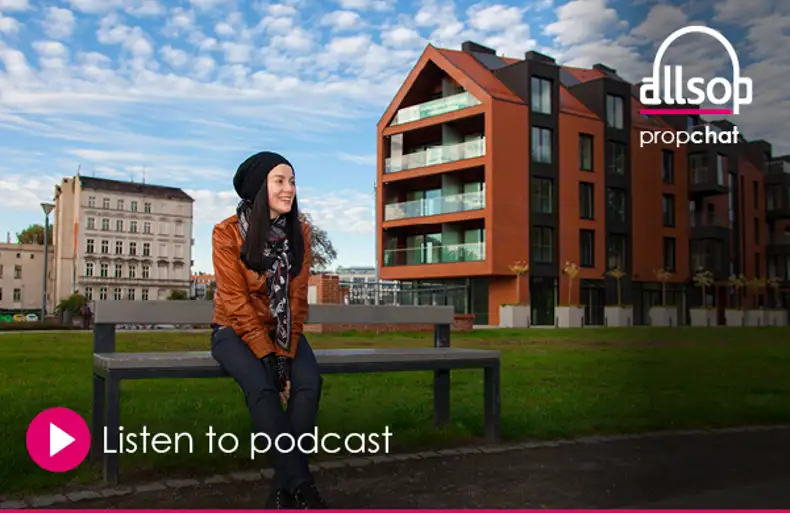Going to university for the first time can be daunting enough with the multitude of pressures: deciding which university to attend, finding accommodation, moving away from home for the first time, financial worries, making new friends and experiencing a new way of learning.
Additional stress
As a result of the pandemic, there is an abundance of additional stresses students are experiencing. The initial anxiety as to how their grades would be predicted after being unable to take their exams. The first ‘result’ was based on teacher-assessed grades, showing a 40% downgrade of predicted results. The Government then announced a U-turn, with both A-levels and GCSE results reverting to centre-assessed grades submitted by schools at the start of summer. Some universities have experienced an oversubscription to courses due to the unprecedented situation of this U-turn, and as a result, institutions such as Durham University are offering students a financial incentive if they delay their studies until next year. The impact on student deferrals, however, has been minimal, as only 5.7% of students have deferred their course, in comparison to 5.4% in 2019.
Because of the uncertainty around numbers of university students, there has also been an additional stress around securing accommodation. Many students cancelled their accommodation booking after receiving the first set of A-level results and then tried to rebook after receiving the second set of results. Some students have had to book alternative accommodation, adding to the multitude of uncertainties. This is more prevalent in the Russell Group university cities where the intake of students has increased significantly, including Manchester, Exeter and Nottingham. In addition, students may have concerns over their safety and protection from the virus both within their accommodation and the university itself.
What universities and accommodation providers can do to help
Universities have been busy communicating with their new intake of students, providing a clear outline of the way they will teach, i.e. 50% online and 50% face-to-face teaching, with reduced class sizes. The induction process will be more important than ever to students due to the sheer volume of changes. Providing students with an understanding of how they will learn and how the university will operate safely is the first step in creating stability. Most accommodation providers have offered flexibility for students with the option to cancel bookings without a charge and a wider range of tenancy offerings, from 38 to 52 weeks. Some managers like CRM are offering international students the opportunity to arrive two weeks prior to their booking to quarantine at no additional charge, along with the option of having check-in calls with on-site support staff.This offers support to students in a bid to reduce unnecessary pressure, particularly for international students.
The amenity offering within accommodation is more important than ever, as students are likely to be spending a larger proportion of their time inside their accommodation. As outlined in my wellbeing-led design article back in 2018, there needs to be an ample offering of open green space as well as communal areas to socialise responsibly. Factors such as natural light and physical wellness offerings like bike racks and fitness studios all help to support mental and physical wellbeing. Providers can offer amenity spaces safely with booking systems, excellent cleaning regimes, adhering to health and safety rules.

The student experience will be undoubtedly different, but providers can also support students’ wellbeing with virtual social offerings such as online quizzes and cooking masterclasses as well as events within social bubbles who share communal space. Data collected by Unipol shows more students are now opting for social events that are not concentrated around alcohol, like book clubs: the modern day student is moving away from the typical stereotype. Even prior to COVID-19, the sector had learnt the importance of mental wellbeing and the role of supporting students through the implementation of the BPF Mental Health and Wellbeing Guide for the student accommodation sector. The pandemic has undoubtedly created additional stresses, however I have no doubt that the industry will come together and use all of its resources to achieve the best outcome for the wellbeing of new students.




